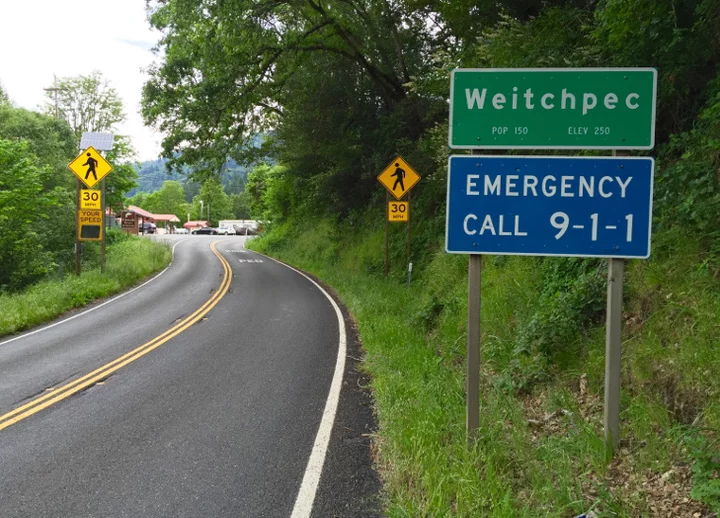
File photo
Press release from the Yurok Tribe:
The Yurok Tribe received a $1.4 million USDA Rural Development Program High Energy Cost Grant to procure portable solar units for tribal homes that do not have access to grid electricity.
“The transportable solar devices will make life a bit easier for many of our families and elders, who will soon have a dependable power source for the first time,” said Joseph L. James, the Chairman of the Yurok Tribe. “This project is consistent with our values and our long term plan to develop an environmentally sustainable community. I would like to sincerely thank the USDA for investing in the Tribe.”
“This investment in some of the most rural tribal areas of my congressional district is an excellent way to bring power to chronically underserved people through resilient and clean solar energy,” added Rep. Jared Huffman, CA-02. “I’m thankful that the USDA recognized this significant need for the Yurok Tribe.”
“This grant couldn’t have come at a better time. The portable solar units will take a tremendous amount of financial strain off of our families and our elders in the Pecwan/Weitchpec area. Many of our elders are on a fixed income and due to the spike in gas prices they are having a hard time paying for fuel to keep their generators running for only a few hours each day,” said Mindy Natt, who represents the Pecwan District, which has one of the highest densities of off-grid residents on the Yurok Reservation.
“The Planning and Community Development Department is working hard to implement the Tribal Council’s goal of making clean, affordable electricity available to all reservation residents. In the long term, our objective is to achieve energy independence on the Yurok Reservation,” said Michael Gerace, the Yurok Planning and Community Development Department Director.
The Tribe must purchase the transportable solar units before the devices can be distributed to the community. The Tribe expects to serve approximately 50 homes with these funds, but the final number is subject to change because of fluctuations in the price of materials and supply chain issues. Once the units arrive, the Tribe will make an announcement to let people know about the distribution process.
There is an urgent and widespread need for electricity on the Yurok Reservation. In 2018, the Tribe and PG&E installed powerlines along the State Highway 169 corridor in the Pecwan area, but the lines do not extend much further than the pavement in most places due to funding constraints. A short distance from the highway, there are hundreds of family homes that do not have a dependable power source. Approximately 40 percent of the families living adjacent to 25 miles of Highway 169, between Weitchpec and Wautec, are not connected to the electrical grid and many use aging generators to power their homes. For the residents who rely on generators, common daily activities, such as washing clothes and cooking food, are exponentially more expensive.
In addition to putting financial pressure on tribal families and elders, the lack of grid electricity has severally limited economic development on the upriver half of the reservation, where there is a disproportionately high unemployment rate. The Tribe is taking action to increase the number of jobs and improve access to dependable power sources. Last year, the Tribe constructed three new buildings in the Tulley Creek area, which created numerous new, well-paying employment opportunities in fire protection, emergency services and transportation as well as law enforcement. This year, the Yurok Agricultural Corporation opened the Weitchpec Nursery, which cultivates a wide variety of vegetable starts. The business is expected to expand in the coming years.
To date, the Tribe has installed solar arrays on multiple tribal buildings and homes. Most recently, the Tribe, in partnership with the Schatz Energy Research Center, placed a 28-kilowatt photovoltaic system on the Tulley Creek Transportation Building and received funding to mount a second series of solar panels on the Tulley Creek Fire and Fitness Center. Both facilities are part of the Tulley Creek Emergency Services Complex. These projects are components of a larger effort to construct a microgrid to power the entire complex, which also includes the headquarters of the Yurok Fire Department and Yurok Office of Emergency Services as well as a satellite Yurok Tribal Police station. The Tribe has developed designs for the project and is currently seeking funding to implement it. The Tribe is also pursuing funds to extend power lines to the homes that are not connected to the electrical grid.
CLICK TO MANAGE